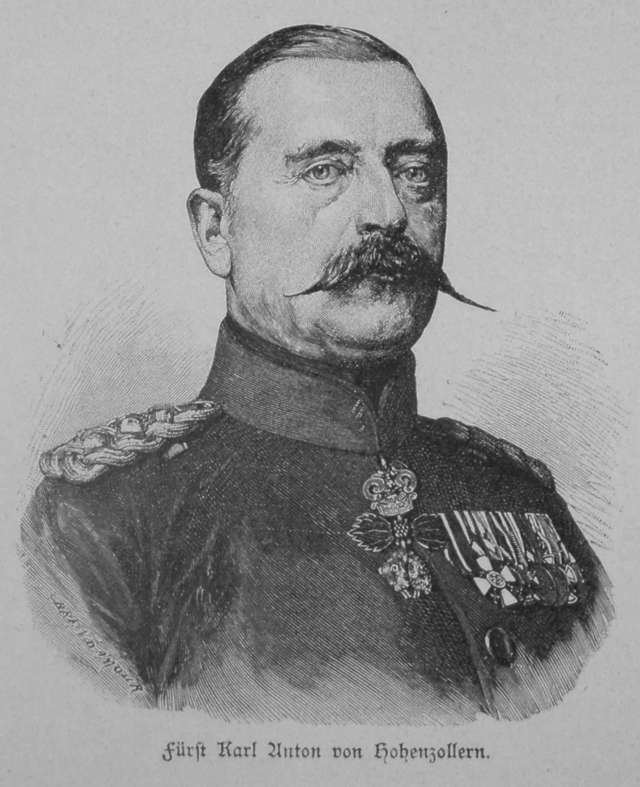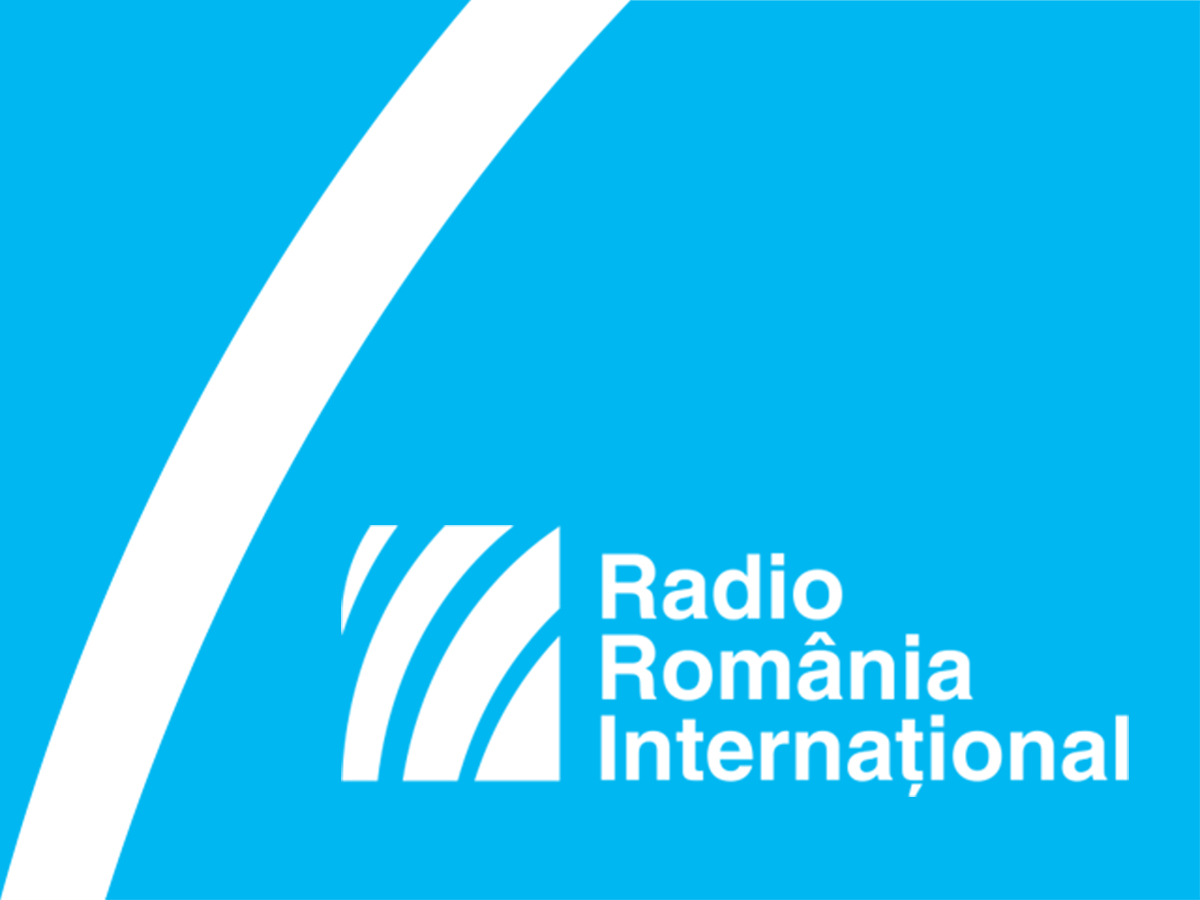Prince Karl Anton von Hohenzollern – Sigmaringen
The man who stood behind the successful reign of his son, Carol I of Romania

Steliu Lambru, 24.11.2014, 12:54
The second half of the 19th century went down in Romanian history as the time of King Carol 1st of Hohenzollern-Sigmaringen. However, one of the people who stood behind Carol 1st’s fruitful reign was his father, Karl Anton. We could say that the second Carol 1st of Romania was Karl Anton of Hohenzollern Sigmaringen. He was born on September 7th, 1811 in Krauchenwies, in the current land of Baden-Wurttemberg, and died on June 2nd, 1885. He was married to Josephine Friederike Luise of Baden, daughter of Karl, Duke of Baden, and they had 6 children, the third being the future king of Romania, Carol 1st. Their 5th child, Anton, died in 1866, aged 25, in the battle of Koniggratz, during the Prussian-Austrian war. Karl Anton, a liberal, was head of the House of Hohenzollern-Singmaringen and also Prime Minister of Prussia between November 6th — March 12th 1858.
Karl Anton played a crucial role in his son’s political career. He was a guide to Carol from the very beginnings of his reign. He stood by him during the hard times he had to go through: the dynastic crisis of 1870, the 1877-1878 War of Independence in Romania, the recognition of Romania’s state sovereignty. He was the one who defended Romania’s cause in Germany, he advised Carol how to manage the interests of the great powers, such as Germany, Russia, the Ottoman Empire and England. In a letter dated August, 1878, Karl Anton wrote to his son: “Reconciling with Russia should be the most urgent matter. A lasting feud with this neighboring state would be an ongoing threat and a barrier in the way of domestic development. No matter how hostile the spirits against Russia, Romania’s honest friends should advise it to seek a bearable modus vivendi”.
Historian Sorin Cristescu, editor and translator of King Carol 1st’s personal letters and of the Austrian-Hungarian and German reports regarding the king’s activity, told us about the huge role played by Karl Anton:
“From the very first moment when the idea of his son taking over the reign of the Romanian Principalities emerged, Karl Anton von Hohenzollern guided his son. He had been the Prime Minister of Prussia. It’s true, he was just an honorary Prime Minister, and head of a liberal party that was dreaming of Germany’s unification. To his mind, Prussia should have become a country of democratic freedoms and technical and scientific programs, with the other German states asking for unification. It was not a realistic solution, and proof of that was Karl Anton’s short-lived office. And then Bismark came, offering the solution: ”iron and blood”. Karl Anton guided Carol 1st all these 15 years, and actually up to the very day he died, in 1885. He taught his son a principle of governing, namely that each group of boyars must be brought to power, by rotation. That was the main secret of governing and it didn’t take long for it to be discovered. The Romanian Parliament awarded Karl Anton the title of honorary citizen in January 1867. It was an act of defiance in the face of the foreign powers, which were saying the ruler of Romania had to be of Romanian descent. Well, Carol 1st did, as his father was a Romanian citizen. It is a known fact that Karl Anton ruled alongside his son. But that was not singular in Europe at the time. In 1887, Prince Ferdinand of Saxa-Coburg-Kihary became the king of Bulgaria. His mother, Klementine of Orleans, accompanied and guided her son until her death, in 1910. The parent would always be very attached to the child in cases like that, and the results were good, both in Romania and in Bulgaria”.
When father and son were reunited after a 14 year separation, in August 1880, the king’s secretary wrote in his memoirs: “Prince Karl Anton is waiting in his wheel-chair to meet with his son. For a while they cannot find the right words to express their feelings. Prince Carol gladly notices that his father has not changed much, that the years have not taken too heavy a toll from him.” At the public meeting on August 20-22, dedicated to the Romanian King, the same secretary wrote about the sober, but warm welcoming that Carol 1st had in his native place: “The native town did not want to miss on the joy of saluting its prince, who, after so many years, returned from a far away country, which he had guided towards independence, through fights and victories. In the Carol 1st Square the king is welcomed with warm words and at the gate of the Castle, Prince Karol Anton, wearing an official suit and the Romanian order, is waiting for his son, who took the glory and fame of his House so far away.”
Carol 1st was Romania’s providential man, but so was his father, Karl Anton von Hohenzollern Sigmaringen, as the history of Romanians would not have been the same without him.






























